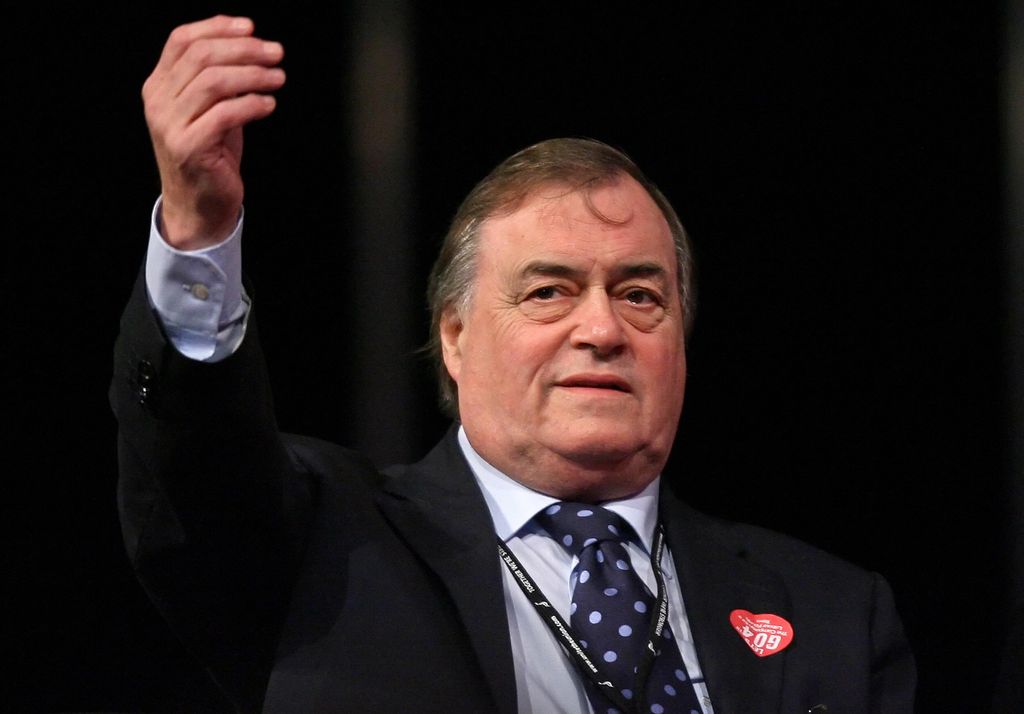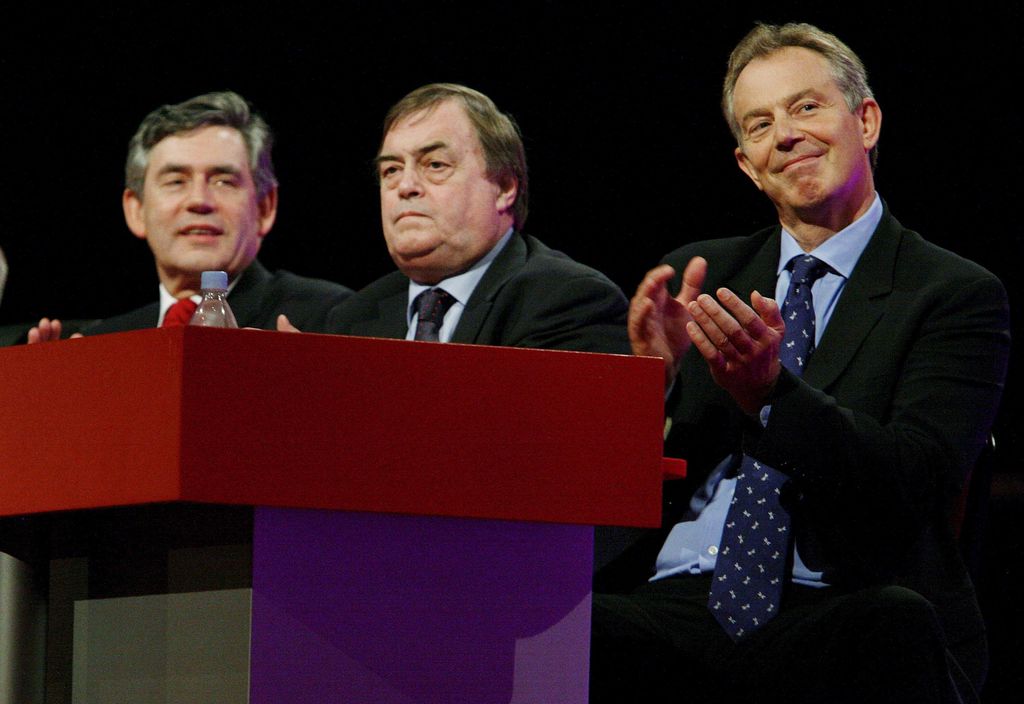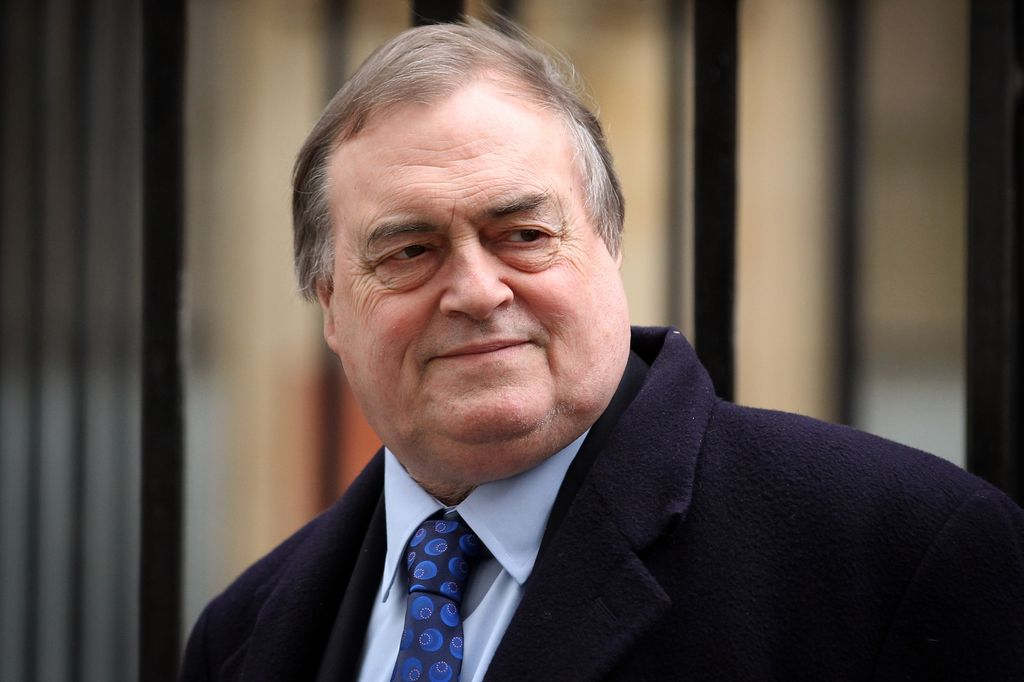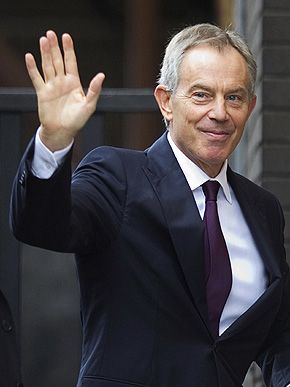Former deputy prime minister John Prescott has died at the age of 86 following a battle with Alzheimer’s.
The news was announced by his family, who said the politician died peacefully surrounded by his relatives at his care home.
John, a former trade union activist and ex-merchant seaman, served as deputy prime minister from 1997 to 2007 and as First Secretary of State from 2001 to 2007. He was a key figure of former prime minister Sir Tony Blair‘s New Labour project and acted as a mediator in the often turbulent relationship between Sir Tony and chancellor Gordon Brown.
After John’s death his wife Pauline and sons Johnathan and David said that representing the people of Hull as an MP had been “his greatest honour”.
“We are deeply saddened to inform you that our beloved husband, father and grandfather, John Prescott, passed away peacefully yesterday at the age of 86,” they said.
“He did so surrounded by the love of his family and the jazz music of Marian Montgomery.
“John spent his life trying to improve the lives of others, fighting for social justice and protecting the environment, doing so from his time as a waiter on the cruise liners to becoming Britain’s longest serving deputy prime minister.”
The statement continued: “John dearly loved his home of Hull and representing its people in Parliament for 40 years was his greatest honour. We would like to thank the amazing NHS doctors and nurses who cared for him after his stroke in 2019 and the dedicated staff at the care home where he passed away after latterly living with Alzheimer’s.
“In lieu of flowers and if you wish to do so, you can donate to Alzheimer’s Research UK.
“As you can imagine, our family needs to process our grief so we respectfully request time and space to mourn in private. Thank you.”
Lord Prescott served as deputy prime minister for a decade after Labour’s 1997 general election landslide. He also oversaw the environment, transport and the regions, helping to negotiate the international Kyoto Protocol on climate change.
He was ennobled in 2010 but ceased to be a member of the upper House in July after facing health difficulties.
Former US Vice President Al Gore, who worked with John Prescott on the Kyoto Protocol climate change agreement in 1997, led tributes for the politician. In a statement, Al said he had “never worked with anyone in politics — on my side of the pond or his — quite like John Prescott”. The statement continued: “He possessed an inherent ability to connect with people about the issues that mattered to them — a talent that others spend years studying and cultivating, but that was second nature to him.“He fought like hell to negotiate the Kyoto Protocol and was an unwavering champion of climate action for decades to come. I’m forever grateful to John for that commitment to solving the climate crisis and will miss him as a dear friend.”
Former prime minister Sir Tony Blair said he was “devasted” by John’s passing and called him “one of the most talented people I ever encountered in politics; one of the most committed and loyal; and definitely the most unusual.”
“There was nothing about John which fitted conventional wisdom. He was from proud traditional working class stock yet understood instinctively and completely the aspirations of that class and their desire to better themselves,” he said. “He was liberal and tolerant, yet instantly intolerant of any overly liberal middle class dismissal of the misery suffered by poor inner city communities from crime and drug abuse. He could talk in the bluntest and sometimes bluest language, but it concealed a first rate intellect which meant he thought as deeply about issues as much as he cared about them.
“It is no exaggeration to say the Labour Party could never have won three consecutive full terms without John. He was a commanding presence. He represented the wing of the party which was not New Labour, but he did it in a way which never reduced the effectiveness of our appeal and indeed extended it, broadening the base of our support.
“He had extraordinary accomplishments: he revived many of Britain’s inner cities, was responsible for the refurbishment of thousands of council homes, the revival of British shipping, completed the Channel Tunnel Rail Link, established the Coalfield Communities Trust to breathe life back into villages and towns affected by the closure of mines; and was Britain’s lead negotiator for the Kyoto climate treaty, the world’s first attempt to agree a global response to climate change.”








